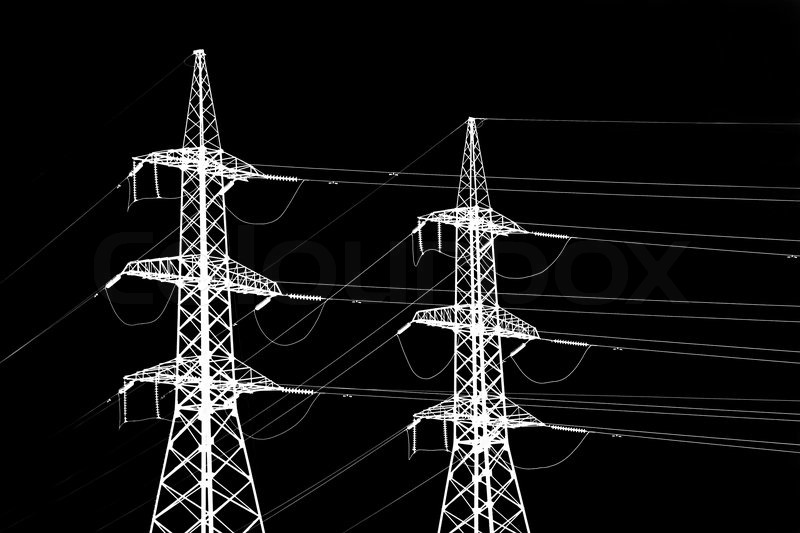Finance
Niger’s Ambitious Bid for Energy Independence Threatened by $5.48 Million Debt

Niger’s pursuit of energy independence is facing a formidable hurdle as a $5.48 million debt to its primary energy supplier, Nigeria, looms large.
The Nigerian Electricity Regulatory Commission’s first-quarter report has illuminated this financial strain, revealing that Niger’s state-owned power company, the Nigerien Electricity Society, has yet to settle the significant invoice from the Nigerian market operator.
This debt threatens the ambitious goal of energy self-sufficiency, putting the future of the nation’s power sector in jeopardy.
The Kainji Dam in Niger State serves as a crucial source of electricity delivered to Niger. However, the country is resolute in its quest to reduce dependence on imported energy.
An ambitious project to construct Niger’s first dam, scheduled for completion by 2025, is poised to break the chains of energy reliance on Nigeria.
This endeavor aims to provide stable and sustainable power generation, but the weight of the $5.48 million debt has raised concerns within the energy sector and has prompted questions about the financial viability of the dam project.
Recent events have compounded Niger’s energy challenges. Nigeria’s decision to disconnect the high voltage line that supplied electricity to Niger resulted in sporadic power outages in major cities, such as Niamey, Maradi, and Zinder.
These disruptions are unusual for a nation accustomed to relatively consistent and reliable power supply, emphasizing the need for domestic energy solutions.
Despite the obstacles, Niger’s commitment to energy independence remains unwavering. The Kandadji Dam, located upstream of Niamey, symbolizes hope for a future where Niger generates a significant portion of its energy domestically. With a projected annual energy output of 629 gigawatt-hours, the dam could alleviate the nation’s energy shortages.
As Niger tackles the complexities of energy finance, payment discipline, and infrastructure development, it faces a pivotal moment.
The $5.48 million debt, coupled with the recent power disconnection, underscores the urgency of securing a stable and sustainable energy future.
Although challenges persist, strategic solutions, resolute commitment, and regional cooperation offer a path to overcome these obstacles, ensuring a brighter and more empowered future for Niger.